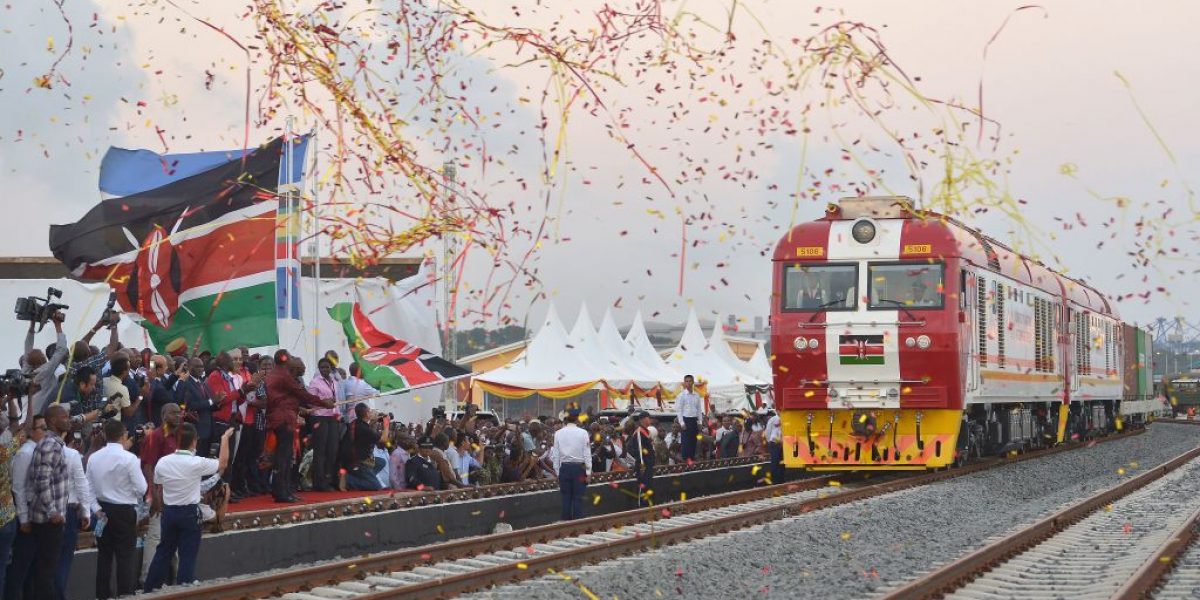Africa’s relationship with China is haunted by massive differences in size and power. How can an economy the size of Togo or Malawi negotiate with one the size of China? This difference was especially stark at the recent Forum on China-Africa Cooperation (FOCAC) summit in Beijing, where numerous African leaders gathered to meet their sole Chinese counterpart.
This power gap has led to the China-Africa relationship being described as neo-colonialist. However, the evidence on the ground suggests a more complex reality. Despite a lack of power, African governments do sometimes get what they want from China. The real situation is something different from simple exploitation. Yet, the power gap is real.
This complexity raises the question: What is African agency in relation to China? Who wields it, where is it located, and how can it be maximised? Do platforms like FOCAC enhance or diminish African agency? These are complex questions that cannot be shoehorned into a ‘neo-colonialism’ or ‘win-win’ narrative.
This event will feature discussions between African and Chinese experts about how Africa can get what it wants from its relationship with China. The event will feature cutting-edge research on African decision-making in relation to China in the fields of infrastructure financing and debt, mining and industrialisation, wildlife management, and defence.

